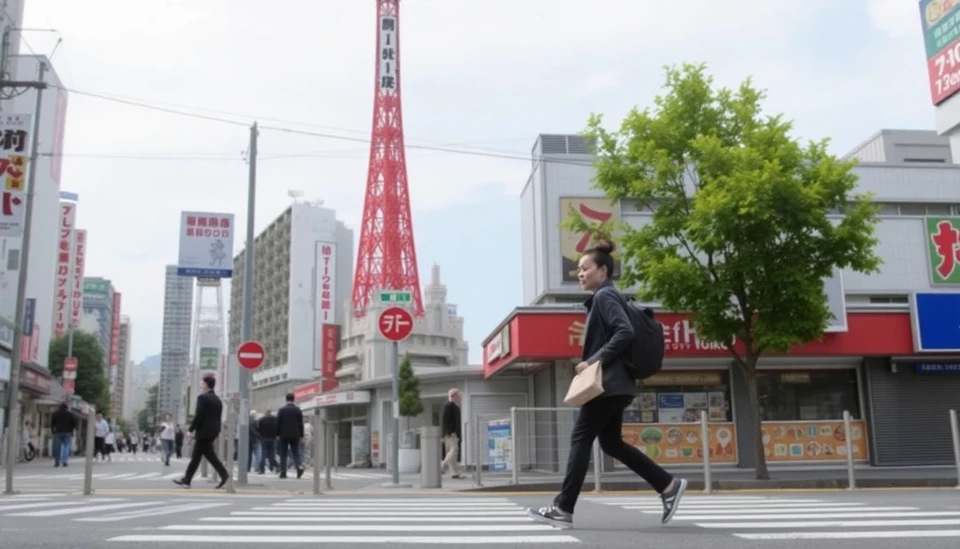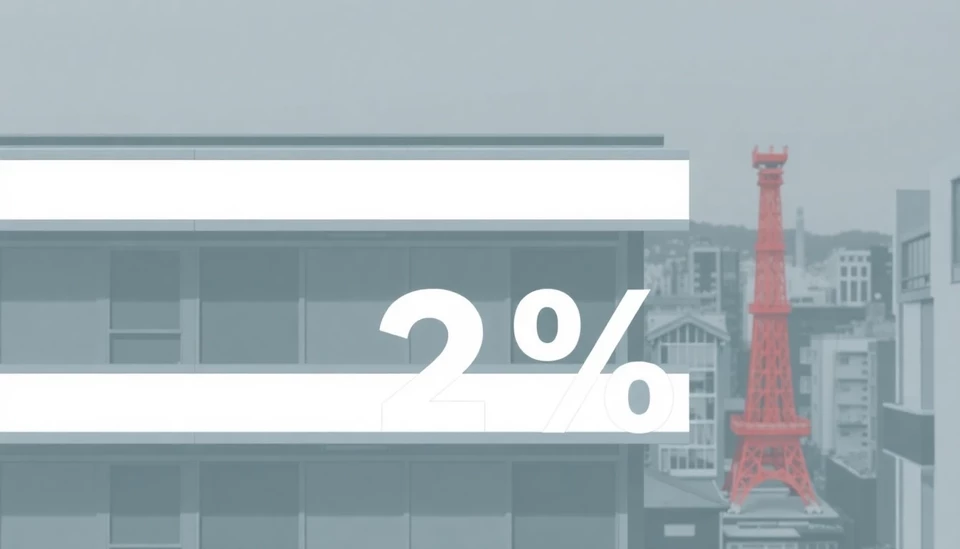
In a significant economic development, inflation in Tokyo has accelerated, indicating a persistent rise in prices that could influence the Bank of Japan's (BOJ) monetary policy. Recent reports suggest that the annual inflation rate for March reached levels not observed in decades, underscoring the urgency for the central bank to consider modifying its current low-interest rate strategy.
According to the latest data released by the Ministry of Internal Affairs and Communications, the Tokyo consumer price index (CPI) surged by 4.3% year-on-year in March. This figure stands slightly higher than the previous month's increase of 4.2%, marking the highest inflation rate since the early 1980s. The trend continues to add pressure on the BOJ, which has maintained an aggressive stance on monetary easing to stimulate Japan's economy.
Economists attribute much of this inflationary pressure to escalating costs associated with food and energy. The data reveals that prices for fresh food rose significantly, contributing to household expenses becoming increasingly burdensome. As global energy prices remain volatile, the continued spikes in electricity and fuel costs are further exacerbating the situation, prompting discussions among policymakers about the sustainability of their current approach.
The BOJ's current monetary policy framework, which includes maintaining rock-bottom interest rates and extensive asset purchasing programs, could be pushed to a reevaluation point. Market analysts suggest that sustained inflationary trends may compel the Bank of Japan to consider adjusting its policy sooner rather than later, even as Governor Haruhiko Kuroda has previously signaled the need for patience in the face of rising prices.
Financial markets are already reacting to these developments, with some investors speculating that the BOJ will initiate interest rate hikes in the coming months. This sentiment underlines a growing belief that the central bank must balance its support for economic recovery with the realities of inflation that could undermine public confidence and purchasing power.
In summary, the latest inflation figures from Tokyo reveal a concerning trend that not only affects consumers but also pushes the BOJ closer to potentially altering its long-standing monetary policies. The evolving economic landscape will be closely monitored by both domestic and international stakeholders, as the implications of such adjustments could have far-reaching effects on Japan’s economic health and its influence in global markets.
As this story develops, analysts and economists alike will be keenly observing both consumer sentiments and the BOJ's forthcoming decisions, making the coming months a pivotal period for Japan's economic trajectory.
#TokyoInflation #BankofJapan #EconomicPolicy #InterestRates #ConsumerPriceIndex #JapanEconomy
Author: Laura Mitchell



